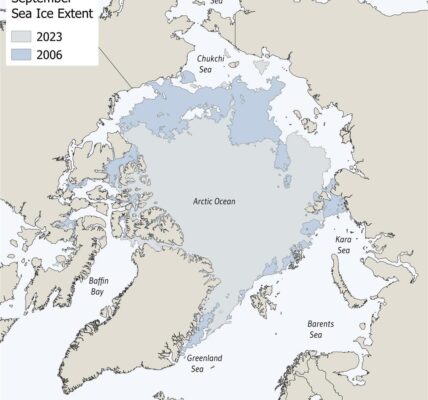The National Center for Supercomputing Applications will be part of a new project led by the Woodwell Climate Research Center to utilize artificial intelligence (AI) and machine learning (ML) in tracking Arctic permafrost thaw.
Funded by a $5 million grant from Google.org, the project, with further Google.org fellowship support, will develop and expand a new, open-access resource that will use satellite data and AI technology to make it possible to track Arctic permafrost thaw in near real-time for the first time ever. This potentially game-changing resource for climate science will utilize advances in AI/ML technology to streamline the data analysis process and make it easier to rapidly identify patterns and trends in permafrost thaw datasets that will be essential to informing climate mitigation and adaptation strategies.
NCSA joins six institutions from across the United States – and one in Germany – to partner in the three-year project.
“We are excited to be working with Google.org to improve and extend the tools and data pipelines initially developed for the Permafrost Discovery Gateway to new use cases,” commented NCSA Lead Research Software Engineer Luigi Marini. “Closing the time gap between remote sensing data products becoming available and permafrost data products being published, such as the pan-Arctic sub-meter scale ice-wedge polygon dataset developed by Chandi Witharana and team, will hopefully help scientists and stakeholders better understand permafrost thawing at the pan-Arctic scale. We also hope to generalize some of the technologies and tools being developed so that more scientists can leverage this work to develop new permafrost-related data pipelines.”
“It is great when we can connect researchers and teams, such as NCSA’s scientific applications team so that partnerships can develop to further scientific discovery,” said NCSA Associate Director for Research Consulting Laura Herriott. Herriott is also on the leadership team of Delta, co-PI on the new DeltaAI system, and co-PI for the Advanced Cyberinfrastructure Coordination Ecosystem: Services & Support (ACCESS) program, which the Woodwell effort had been using extensively to date.
Read more on this project in the original release from the Woodwell Climate Research Center.






Slick work you have here.
Outstandingly thought out! Yup.